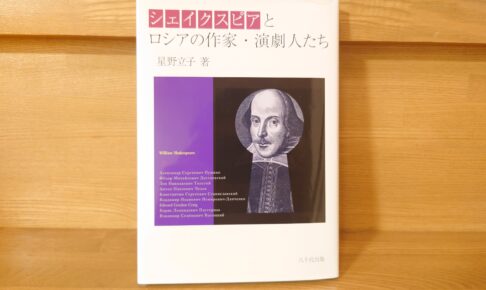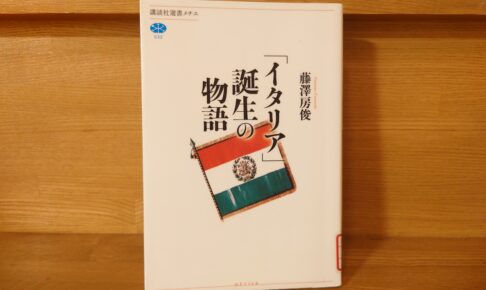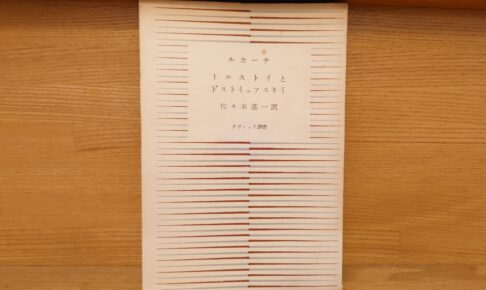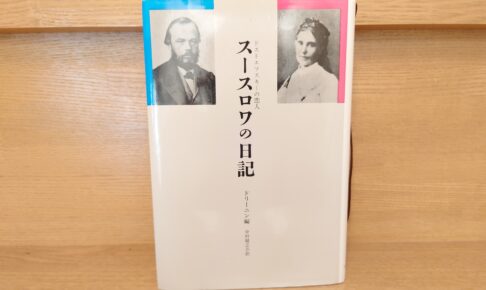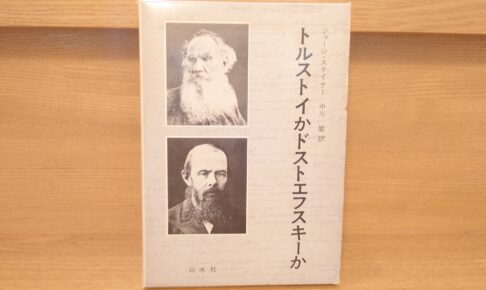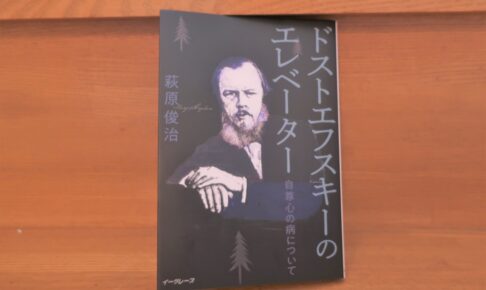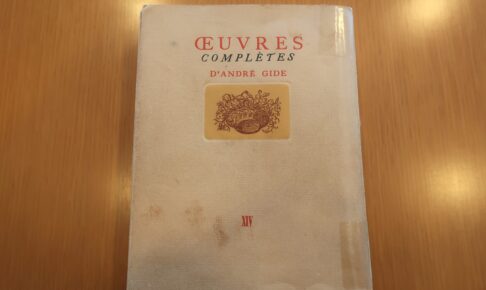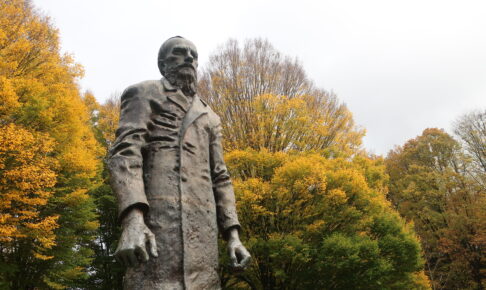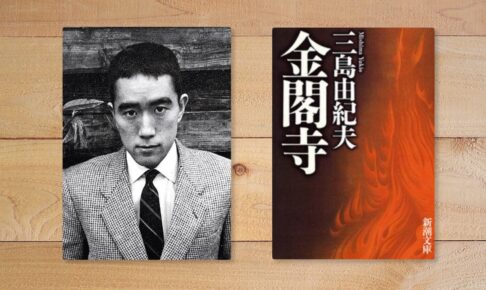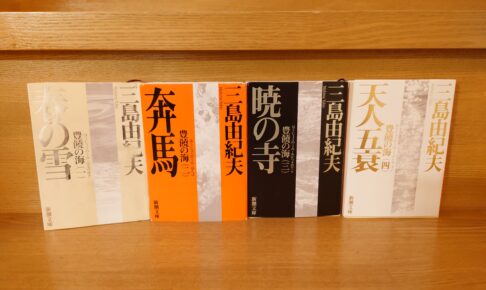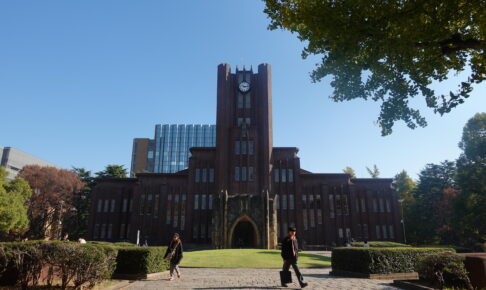T.G. Masaryk, "Russia and Europe I," a valuable discussion of Russia by the philosophical president of the Czech Republic!
Russian Dostoevsky by Masaryk, who was born to a serf father and a cook mother, from whom he struggled to become a philosophy professor and even the first president of the Czech Republic.
To begin with, he is a top-notch philosopher. Masaryk was also a politician with experience in world affairs, politics, and economics. He was also a great personality who was respected not only by the Czech people but also by people all over the world.
The Russian history and Dostoevsky theory told by such a grown-up was extremely stimulating.













